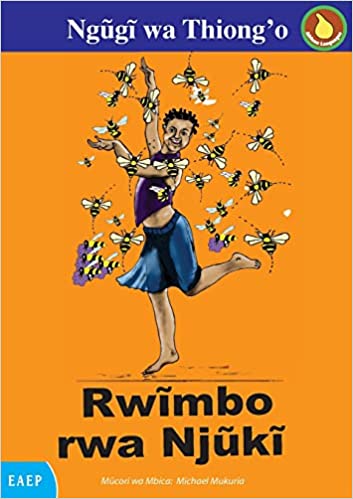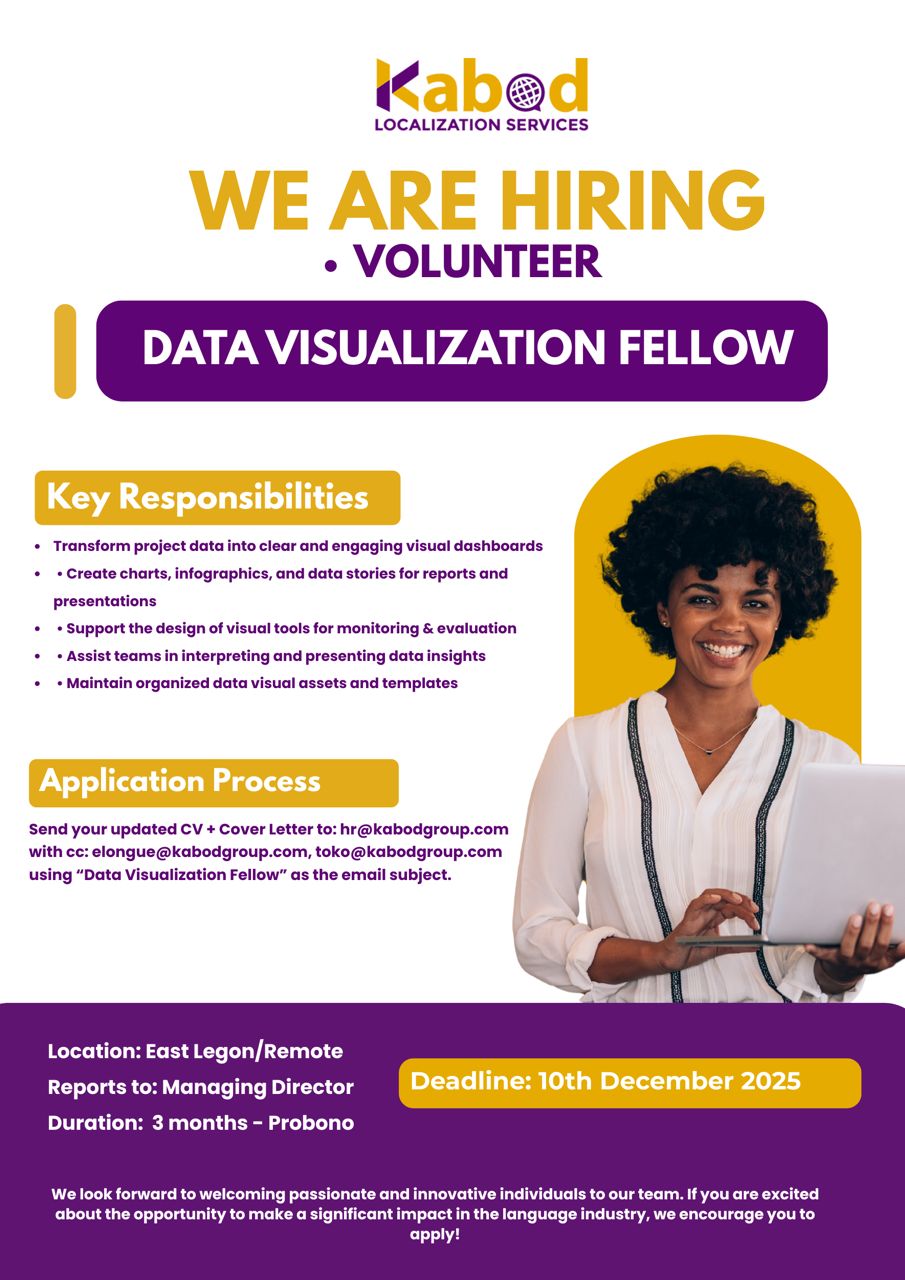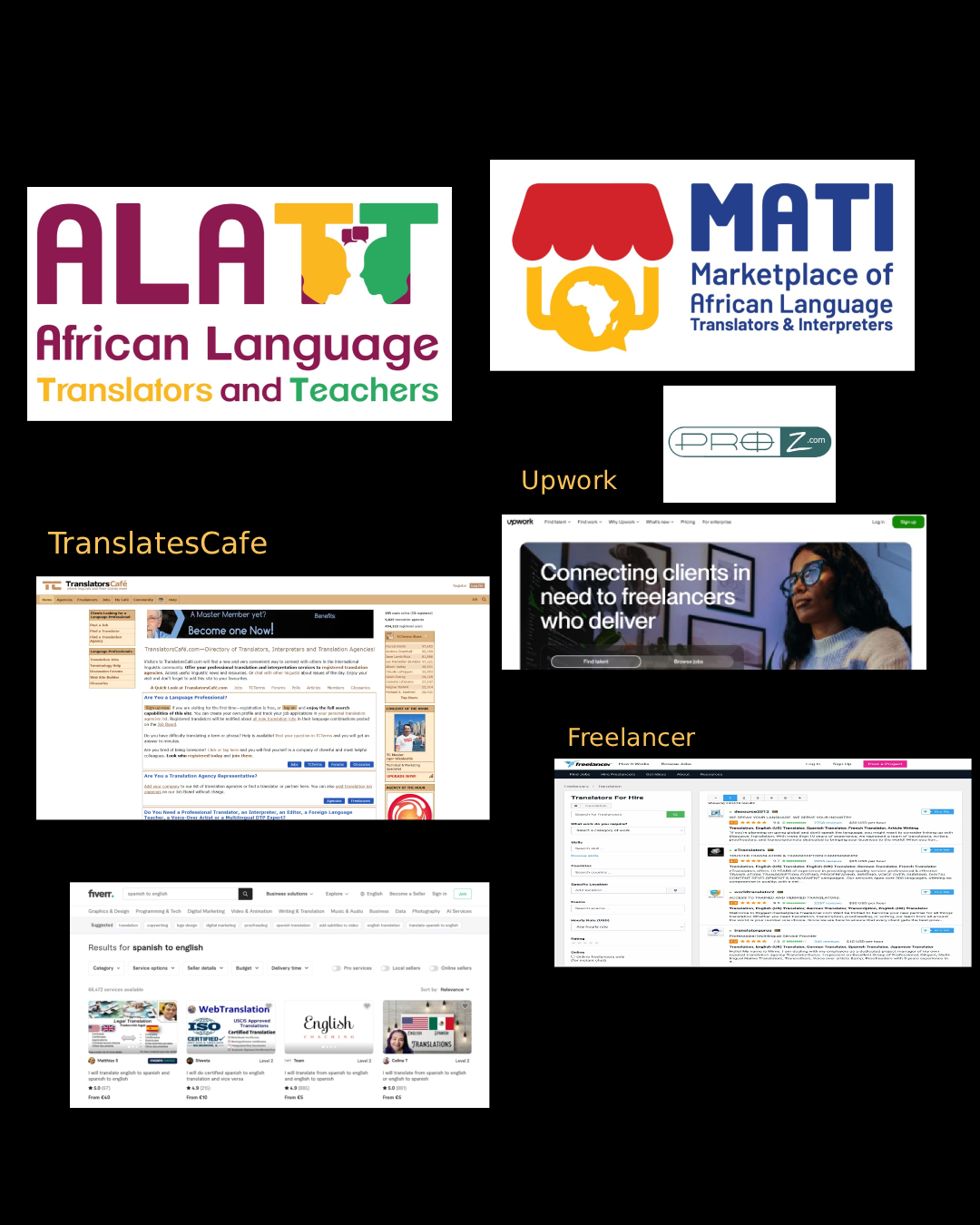Mokire na mîtokaa mîkururanio
na thuti hûre bathi
na iratû njiru ta nduma
na thaa irametameta.
Magîtûkora tumîte ibarûa
na mathîna maitû ng’ong’o
ona mîatuka itû magûrûinî
Na ndangari iria tûîkîraga.
Makîîarîrîa na thiomi cia rûraya
magîtûorotaga ithuî andû ethî
makiuga ati mîthiîre itu
Ti ûmwe na ûndûire witû.
This piece is a Kikuyu poem both written and translated into English by the Kenyan writer Bryan Ngartia. It is generally a story by a poor rural young person criticizing the ‘They’. These are the learned elite who take pride in their origins and culture but blame the youth for abandoning their cultures without seeing their “motorcades,” “ironed suits,” “polished shoes,” “glittering watches,” and “foreign languages.” The poem silently bites at this habit which is quite common in Africa.’
Though I do not speak nor understand the Kikuyu language, it is good to see and read a poem written in an African language. It is beautiful to write in one’s local language.
Writing in general is not an easy task, let alone in an African language. However, with the aim of promoting and preserving their language, quite a number of brave African intellectuals have distinguished themselves by writing in their local languages right from the beginning of their careers or shifted from writing in foreign languages to writing in African languages only.
This piece pays tribute to these courageous authors, of whom 7 have passed.
I- AUTHORS STILL ALIVE
1- EBRAHIM HUSSEIN (Tanzania: 1943 – )

Ebrahim Hussein is an iconoclastic Tanzanian playwright and poet. He is a leading member of the pioneering generation of African theater artists that rose to prominence in the revolutionary ferment of the 1960s and 1970s. He is also one of the best-known Swahili playwright, Tanzania’s most complex literary personality and a theorist whose dissertation on the theater in Tanzania remains the standard reference work. His plays are a corpus of theatrical material with great significance to an understanding of Tanzania’s political and social development in relation to the Swahili/Islamic coastal culture, of which he was a part.
The Ebrahim Hussein Poetry prize is an eponym literary prize which is awarded annually since 2014 to the winner of the poetry contest under the same name. Follow this link to get the full list of his works.

2- PENINA O. MUHANDO (Tanzania: 1948 – )
Penina Muhando is a Tanzanian Swahili playwright, theorist and practitioner of Theatre for Development (a movement that sought to encourage marginalized people to use plays to engage in issues important to their lives within their communities and with experts) in Africa. She is one of the few female writers published in the Swahili language as of the late 20th century. She rose to become a Professor and Head of the Department of Theatre Arts at the University of Dar es Salaam. Her plays explore a variety of themes but are generally concerned with contemporary problems involved in Tanzanian society’s rapid adjustment to development and westernization.
In addition to her plays, Muhando wrote several scholarly works in English dealing with Swahili literature, including Culture and Development: The Popular Theatre Approach in Africa (1991). She also appeared in the film Mama Tumaini (1986). Her work is generally distinguished by excellent characterizations and a natural, realistic use of modern standard Swahili.
3- NGUGI WA THIONG’O (Kenya : 1938 – )

Ngugi wa Thiong’o, originally named James Thiong’o Ngũgĩ, is one of Africa’s most important and influential postcolonial writers. He began his writing career with novels written in English, which revolved around postcolonial themes of the individual and the community in Africa versus colonial powers and cultures. As he became sensitized to the effects of colonialism in Africa, Ngugi adopted his traditional name and also committed to writing only in Kikuyu and Swahili after a one year imprisonment without trial by the Kenyan government for the staging of a politically controversial play.
He is a perennial favorite for the Nobel Prize in Literature, and the winner of an uncountable number of awards and honors. His popular Weep Not, Child (1964) was the first major novel in English by an East African. In March 2021, The Perfect Nine became the first work written in an indigenous African language to be longlisted for the International Booker Prize, with Ngũgĩ becoming the first nominee as both the author and translator of the same book.
He is the author of 8 novels, including 3 in Bantu, 3 short story collections, 3 plays in English and 1 in Bantu, 5 memoirs, 10 other nonfiction books, 4 children’s books. He considers language as a key tool for decolonizing the mindset and culture of African readers and writers and wrote the following works in Kenya’s Kikuyu :
- Ngaahika Ndeenda: Ithaako ria ngerekano (I Will Marry When I Want) (1977, 1982) Caitaani Mutharaba-Ini (Devil on the Cross, 1980)
- Matigari ma Njiruungi, 1986 (translated into English by Wangui wa Goro, 1989)
- Mũrogi wa Kagogo (Wizard of the Crow, 2004)
- Shetani Msalabani (1982)
II- AUTHORS WHO HAVE PASSED AWAY
4- SHAABAN ROBERT, (Tanzania: 1909 – 1962)

Shaaban bin Robert, is a Tanzanian poet, novelist, essayist, and biographer, considered one of the greatest writers of the Swahili language. This great man is also known as the “Father of Kiswahili Literature” or “the Shakespeare of Africa.” Aside from their purely literary value in the development of written Swahili literature, his works provided an important link between the origins of the language among the coastal ethnic Swahili and its acceptance and usage in the broader East African cultural milieu.
He promoted the development and popularization of the Swahili language, principally through the writing of more than twenty works of multiple literary genres that were widely read in the 20th century. He wrote tales and poems such as “Sanaa ya Ushairi” and lectured on poetry and its relation to Swahili culture.
He produced an autobiography, Maisha yangu (1949; “My Life”), and a biography, Maisha ya Siti Binti Saad, mwimbaji wa Unguja (1958; “Life of Siti Binti Saad, Poetess of Zanzibar”). His essays were collected in Insha ya mashairi (1959; “Essays and Poems’) and his notable work is Kusadikika. His remarkable contribution to the promotion of Kiswahili literature was celebrated through two awards, including the Margaret Wrong Prize and Medal for African Literature.

5– DANIEL OLORUNFEMI FAGUNWA (Nigeria – 1903-1963)
D.O. Fagunwa was a fiction and creative writer, born at Oke-Igbo (now Ondo State). He was a teacher and Yoruba chief whose series of fantastic novels made him one of Nigeria’s most popular writers with many literary works, including novels, short stories, biographical narrative and two travel books.
Fagunwa’s works characteristically take the form of loosely constructed picaresque fairy tales containing many folklore elements: spirits, monsters, gods, magic, and witchcraft. His imagery, humor, wordplay, and rhetoric reveal an extensive knowledge of classical Yoruba. He was also influenced by John Bunyan’s The Pilgrim’s Progress, which was translated into Yoruba by missionaries.In 1955, he won the Margaret Wrong Prize for his writings.
6– MATHIAS E. MNYAMPALA (Tanzania: 1917 – 1969)

Mathias Mnyampala was a famous Tanzanian poet, scholar, lawyer and author of short fiction who wrote in Swahili.
In his early career, Mnyampala served as a schoolteacher, a government clerk, and finally a liwali (a type of local administrator). He was an expert in Swahili legal terminology and the founder and President of the Tanzanian National Association of Kiswahili poets, UKUTA (Usanifu wa Kiswahili na Ushairi Tanzania) until 1966.
His first literary works were prose efforts intended for the colonial educational system. He wrote over 25 books in Kiswahili, including Historia, mila na desturi za Wagogo wa Tanganyika (1954; “History, Traditions, and Customs of the Gogo People of Tanganyika”) and Kisa cha mrina asali na wenzake wawili (1961; “The Tale of the Honey Gatherer and His Two Friends”). His most important poetic works are Waadhi wa ushairi (1960; “Poetic Exhortations”), Diwani ya Mnyampala (1960; “Mnyampala Poetry Book”), Mashairi ya hekima (1965; “Poems of Wisdom”), and Ngonjera za UKUTA, 2 vol. .
The unpublished manuscript of his autobiography was discovered in 2007 in Dodoma (Tanzania) by Dr Mathieu Roy, who then edited and published the manuscript in 2013. It was conserved in Dodoma with other unpublished manuscripts and rare literary archives by Charles M. Mnyampala, the second son of the author, who received from his father the mission to conserve and publish these precious documents since 1969.
7– MUHAMMED SAID ABDULLA (Tanzania : 1918 – 1991)

Muhammed Said Abdulla was a Tanzanian Swahili novelist who is often credited as a pioneer of Swahili popular literature. In 1958, his fiction, Mzimu wa Watu wa Kale (Shrine of the Ancestors), won top honors at the Swahili Story-Writing Competition of 1957-1958, held by the East African Literature Bureau; in 1966 the work was published as a novel. The novel was noted for breaking away from folklore traditions that were popular in Swahili literature at the time.
His subsequent works include Kisima cha Giningi (1968; “The Well of Giningi”), also a prizewinner; Duniani Kuna Watu (1973; “In the World There Are People”); Siri ya Sifuri (1974; “The Secret of the Zero”); Mke Mmoja Waume Watatu (1975; “One Wife, Three Husbands”); and Mwana wa Yungi Hulewa (1976; “The Devil’s Child Grows Up”). The plots of Abdulla’s later novels usually involve a protagonist who must battle ignorance and superstition in order to resolve the conflict.
8– EUPHRASE KEZILAHABI (Tanzania : 1944 – 2020)

E. Kezilahabi was a Tanzanian Swahili novelist, poet and scholar who delivered talks on subjects such as ‘Aesthetic Ambivalence in Modern Swahili’ and ‘The Concept of the Hero in African Fiction’.
He is the author of many literary works. The notable ones are “Rosa Mistika”(1971 &1981), “Kichomi”(1974), “Kichwamaji”(1974), “Dunia uwanja wa fujo” (1975) and “Gamba la nyoka”(1979).
His first novel, Rosa Mistika (1971 and 1981), which dealt with the abuse of schoolgirls by their teachers, was a popular success and, though at first banned for classroom use, was later adopted as a standard book for secondary schools in Tanzania and Kenya. The recurrent theme of Kezilahabi’s fiction is the difficulty of an individual’s integration into a society that is undergoing the stresses brought on not only by development and urbanization but also by the Tanzanian experiment with African socialism (ujamaa), which began in the late 1960s.
Kezilahabi’s poems, such as those in Kichomi (1974; “Stabbing Pain”), stirred some controversy on the Swahili literary scene. He broke with the formal traditions of Swahili poetry and demonstrated the legitimacy of the use of blank verse in the language, becoming the first Swahili writer to attempt such innovation. He last worked at the University of Botswana, as an associate professor at the Department of African Languages (currently known as African Cultural Department).
9– BEN R. MTOBWA (Tanzania : 1958 – 2008)

Ben Mtobwa was one of Tanzania’s most prolific novelists, best known for his series of adventure novels featuring the investigator Joram Kiango.
He is the author of over 33 works in 128 publications in 2 languages (English and Swahili) and 621 library holdings: Biographies, Fiction, Novels, Ghost Stories, Detective and mystery.
10– KEN WALIBORA (Kenya : 1965 – 2020)

Ken Walibora Waliaula was a prolific Kiswahili fiction writer who is fondly remembered for his Epic Swahili novel Siku Njema, which was published in 1996 and later translated to English as ‘A Good Day’. The book got him recognition and had massive success across East Africa. It was used as a set book in high schools around the country for many years.
The legendary writer has over 40 titles. He won many awards as the best writer; among them were the Jomo Kenyatta Literature Prize thrice with his Swahili texts, Ndoto ya Amerika in 2003, Kisasi Hapana in 2009 and Nasikia Sauti ya Mama in 2015.
His recent scholarly works include the book Narrating Prison Experience: Human Rights, Self, Society, and Political Incarceration in Africa (2014). He has also published a number of books of chapters and articles in academic journals, including Research in African Literatures (RAL), the Journal of the Association of African Literature (JALA), East African Literary and Cultural Studies, and the Journal of the African Language Teachers Association (JALTA). For many years, he worked as a Kiswahili news reader at NTV, (Kenya’s Popular Television station), and was a senior lecturer at the School of International Relations and Diplomacy at the Riara University from 2018 until his sudden death in April 2020.
CONCLUSION
I see writing in African languages as a great tool for documenting our languages and keeping them alive. In fact, though some authors are no more, I speak of them today just because of the legacy they left behind for future generations like us. As a matter of fact, they are still alive through their work. I therefore encourage African writers to quit writing and telling African stories in colonial masters’ languages and give in to writing in our own language, our identity. I salute the great Ngũgĩ Thiong’o for his consistency and decades of advocacy for his fellow African writers to write in their mother tongues, as he understands how integral language is to a culture and development.
Kabod shares his vision of promoting the use of African languages to prevent them from going extinct and if you liked this article, do not hesitate to share your viewpoint on the preconditions and requirements to have more African writing in their own language. You can also join the LinkedIn network of African Languages Translators and Teachers (ALATT).





